Home »
All Resources »
Green Gown Awards 2021: Research with Impact – Institution - Loughborough University - Finalist
Out of the fire and into the electric pressure cooker - sparking a clean cooking revolution on a global scale
Modern Energy Cooking Services (MECS) is a five-year programme funded by UK Aid (FCDO) which aims to spark a revolution through rapidly accelerating the transition from biomass to clean cooking on a global scale. By integrating modern energy cooking services into the energy planning, MECS looks to leverage investment in renewable energies (particularly regarding electricity access, both grid and off-grid) to address the clean cooking challenge. Modern energy cooking is Tier 5 clean cooking, and therefore MECS also supports new innovations in other relevant cooking fuels such as biogas, LPG (bio) and ethanol.
The intended outcome is a market-ready range of innovations (technology and business models) which lead to improved choice of affordable, reliable, and sustainable modern energy cooking services for consumers. We seek to have the MECS principles adopted in the SDG 7.1 global tracking framework and hope that participating countries will incorporate modern energy cooking services in energy policies and planning.
Top 3 learnings:
- We show that cooking with electricity is feasible and can be developed in low-income communities.
- We argue post-Covid-19 clean cooking plans should provide an integrated response which enhances women’s lives.
- We show that business models for clean cooking transitions need to engage with household cooks.




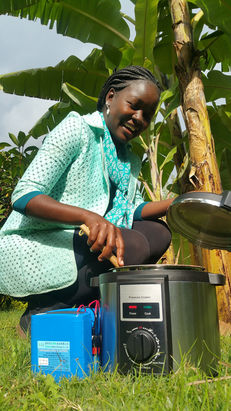
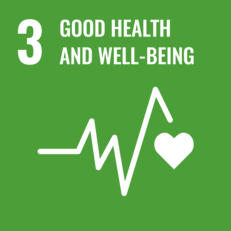
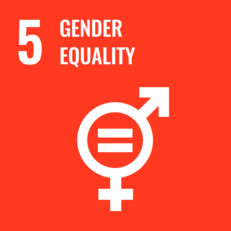
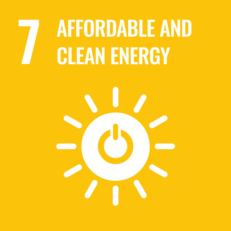
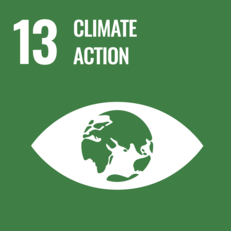

 Except where otherwise stated, content on this site is
licensed under a Creative Commons Attribution 3.0 License.
Except where otherwise stated, content on this site is
licensed under a Creative Commons Attribution 3.0 License.
